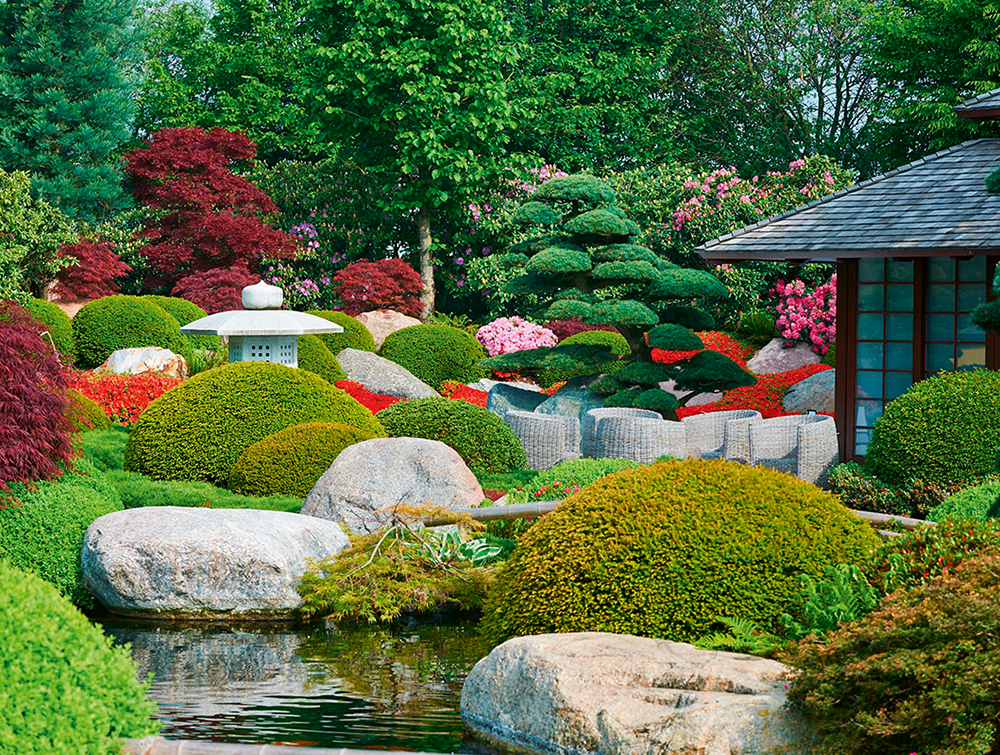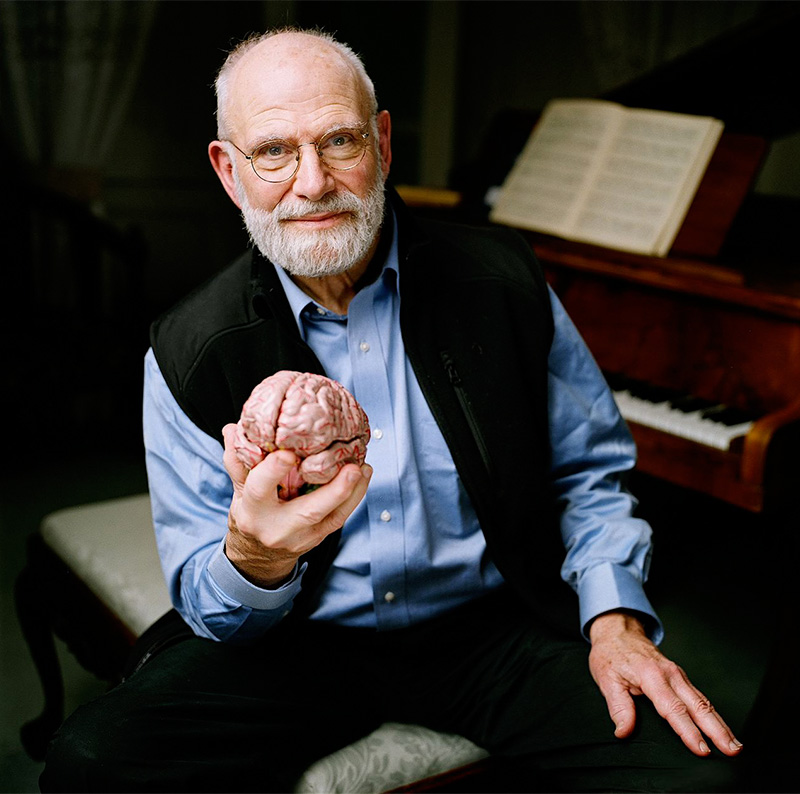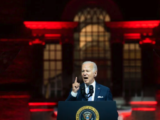
An existential garden: Google
The Big Picture -Â
By Glynn Wilson -Â
In these times of heightened existential anxiety, when disasters and crises seem to be assaulting the planet, the country and the human psyche in end-times proportions, where are we to turn for solace?
Many human beings will turn to their version of a god, prayer and worship. Some will look for leadership to a politician of their partisan choice. Others will take to the streets to protest perceived injustice. More power to them if that’s how they find meaning in what seems like a meaningless world.
The First Amendment to the United States Constitution gives Americans broad freedoms to define these things for themselves. In large swaths of the world, many people don’t enjoy such a luxury.
But if we were to look to science for answers, look no further than nature, or better yet, a garden.
Many great writers have exposed the wisdom of this, but perhaps none with more evidence and eloquence than neurologist and author Oliver Sacks, who often took his patients to visit gardens and documented amazing results.

Neurologist Oliver Sacks with the human brain: Google
In an essay on “Why We Need Gardens,†in his memoir Everything in Its Place: First Loves and Last Tales, Sacks had something profound to say.
“As a writer, I find gardens essential to the creative process; as a physician, I take my patients to gardens whenever possible,” he wrote. He died in 2015.
“All of us have had the experience of wandering through a lush garden or a timeless desert, walking by a river or an ocean, or climbing a mountain and finding ourselves simultaneously calmed and reinvigorated, engaged in mind, refreshed in body and spirit,” he continued. “The importance of these physiological states on individual and community health is fundamental and wide-ranging.”
Then, he concludes after 40 years of medical practice: “I have found only two types of non-pharmaceutical ‘therapy’ to be vitally important for patients with chronic neurological diseases: music and gardens.”
Having lived and worked in New York City for half a century, a city he said was “sometimes made bearable … only by its gardens,†Sacks recounts witnessing nature’s tonic effects on his neurologically impaired patients. A man with Tourette’s syndrome, afflicted by severe verbal and gestural tics in the urban environment, grows completely symptom-free while hiking in the desert.
An elderly woman with Parkinson’s disease, who often finds herself frozen and unable to move, not only initiates movement with ease. In the garden, she takes to climbing up and down the rocks like a child.
Several people with advanced dementia and Alzheimer’s disease, who couldn’t recall how to perform basic operations like tying their shoes, suddenly knew exactly what to do when handed seedlings in front of a flower bed.
“I cannot say exactly how nature exerts its calming and organizing effects on our brains, but I have seen in my patients the restorative and healing powers of nature and gardens, even for those who are deeply disabled neurologically,” he said. “In many cases, gardens and nature are more powerful than any medication.”
In previous stories about the powers of nature, I have quoted Thomas Jefferson, Henry David Thoreau, John Muir, Rachel Carson, E.O. Wilson and others. Now Sacks is added to the list.
“Clearly, nature calls to something very deep in us. Biophilia, the love of nature and living things, is an essential part of the human condition,” Sacks wrote in an essay published in the New York Times. “Hortophilia, the desire to interact with, manage, and tend nature, is also deeply instilled in us.
“The role that nature plays in health and healing becomes even more critical for people working long days in windowless offices, for those living in city neighborhoods without access to green spaces, for children in city schools, or for those in institutional settings such as nursing homes,” he asserts. “The effects of nature’s qualities on health are not only spiritual and emotional but physical and neurological. I have no doubt that they reflect deep changes in the brain’s physiology, and perhaps even its structure.”
As a journalist, I’ve spent many years writing about nature and the environment, about public affairs and politics, and in more recent times, existential anxiety and how that can lead to authoritarianism.
So as we move forward in our own direct experiments with organic gardening, local plant-based food diets and ways to escape not just global warming and climate change but the coronavirus pandemic and economic recession, which economists now acknowledge is the worst since the Great Depression, we hope many readers will join us in exploring these topics in the months to come.
We are not out of the woods yet, not by a long shot. But perhaps the woods — or at least a garden — is the place we ought to be right now.














Well done. Thanks for echoing what I have come to believe of late.
Since the American war ended + due to poverty, shrinking agricultural land and only recent private ownership of land, state owned patches of land, including sides of freeways, are open to community gardens. We have seen a variety of crops in such areas planted by a variety of people none of which infringing on the rights of other planters. Flower markets are abundant and plentiful as not only does Vietnam celebrate Valentine’s Day but International Women’s Day as well as Vietnam Women’s Day-three separate days-a dozen long stem roses cost me about $2.00 US. There is a cultural emphasis on beauty and mental well being and although money is important, currently it is not “god.” Also something Westerners find strange is the attitude of “community” outweighing the “rights” of “individuals”…